Manchester Arena Inquiry: Families call for 'clear-sighted' reports
- Published

Twenty-two people died in the bombing on 22 May 2017
Families of those killed in the Manchester Arena attack have called on the inquiry into the atrocity to be "clear-sighted and brave".
A public inquiry into the bombing by Salman Abedi in 2017 began in September 2020 and finished earlier.
It has heard evidence from 267 witnesses.
Solicitor Kim Harrison, who represents 12 of the victims' families, said there had been a "catalogue of organisational failings at every turn".
Twenty-two people were killed and hundreds injured when Abedi detonated a homemade bomb at the end of an Ariana Grande concert on 22 May 2017.
Lawyers for the families of the victims have made closing statements about the radicalisation of Abedi and his brother Hashem.
Later this year the inquiry will publish its findings on the flawed emergency response and whether security services should have stopped the bomber.
Speaking outside the court after the final day of hearings, Ms Harrison, from Slater and Gordon, said the families "desperately want something positive to come from this inquiry and for real changes to be made to keep members of the public safer from acts of terrorism in the future".
"Learning how badly their loved ones were failed by all those organisations has greatly exacerbated their grief and suffering," she said.
She urged the inquiry to be "clear-sighted and brave" in its remaining two reports.
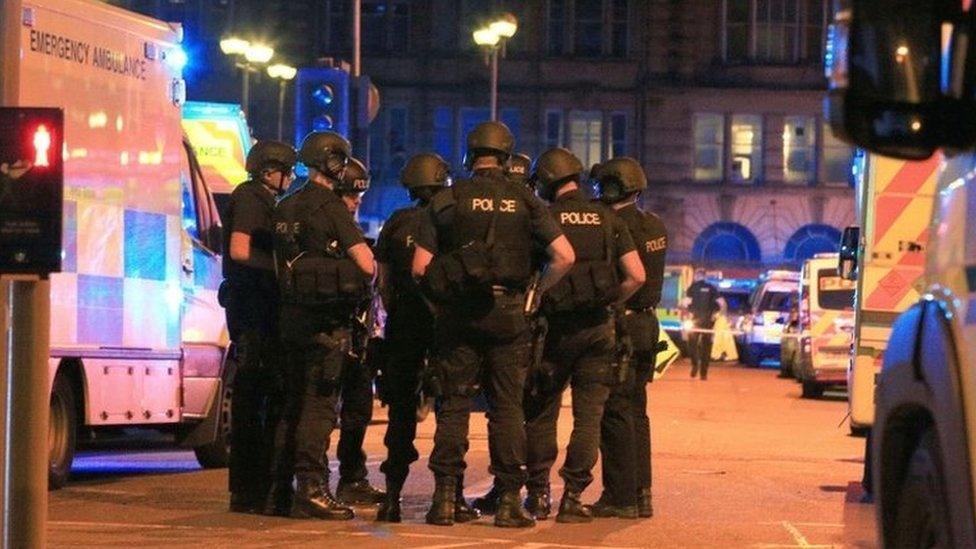
Salman Abedi had been known to MI5 for many years before he carried out the attack
On the final day of hearings, the inquiry was told decisions taken by MI5 on the bomber Abedi must be seen in the context of an "unprecedented" scale of terrorist threat in 2016-17.
Cathryn McGahey QC told the hearing that Abedi was one of 20,000 closed Subject of Interests (SOI) and investigators faced difficult decisions.
"Making those choices inevitably means taking a risk that somebody MI5 chooses not to investigate will go on to carry out an attack," she said.
MI5 has admitted there were missed opportunities but insists its decisions were reasonable based on the intelligence at the time.
Ms McGahey QC said even if Abedi had been stopped and checked at Manchester Airport in the days before the attack, the security service believed it was "highly unlikely" it would have stopped him carrying out the atrocity.
The inquiry was also told there was "no evidence at all" that convicted terrorist Abdulraouf Abdallah played a part in planning the arena attack.
Abdallah and Abedi were close friends were close friends and spoke numerous times in the months before the bombing.
However Ms McGahey said there was "insufficient evidence" to say that Abdallah radicalised Abedi.
She admitted that government measures were not enough to stop Abedi and his brother Hashem buying the pre-cursor chemicals used in the bomb and added that controls have since been tightened.
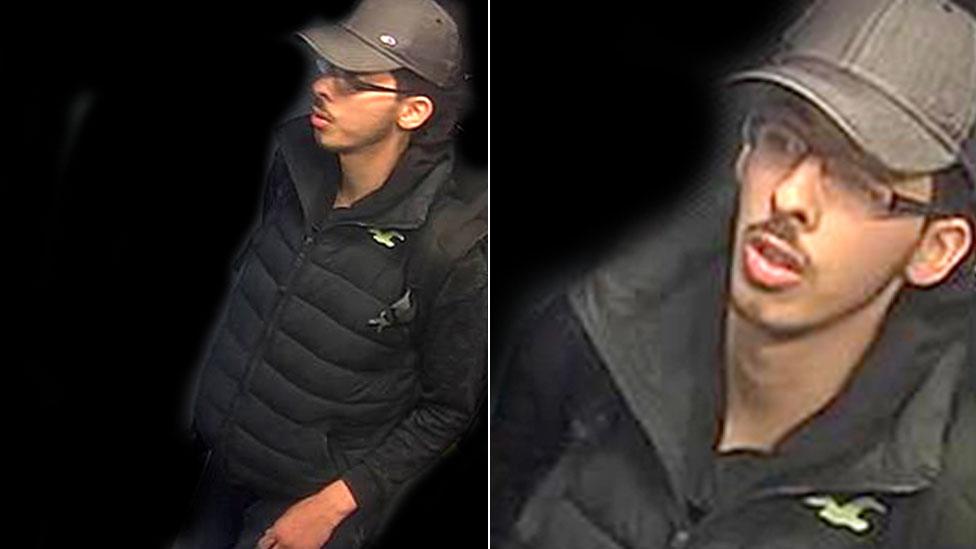
Salman Abedi detonated a homemade bomb at the Manchester Arena
The inquiry heard that MI5 would do "anything possible to prevent another attack".
The hearing was also told that Greater Manchester Police (GMP) do not believe there is currently enough evidence to suggest the Abedi brothers were knowingly helped by others to carry out the bombing.
Richard Horwell QC said although the investigation remained open and there are outstanding suspects, there is insufficient evidence to conclude that "another or others were knowingly involved in this conspiracy".
He said counter-terrorism police worked hard to keep people safe and officers "desperately regret" they were unable to prevent the attack.
The inquiry also heard from the University of Salford, where Abedi was studying before the attack in May 2017.
Louis Browne QC said the university "cannot reasonably be criticised for the wicked actions" of Abedi.

Why not follow BBC North West on Facebook, external, Twitter, external and Instagram, external? You can also send story ideas to northwest.newsonline@bbc.co.uk
Related topics
- Published14 March 2022

- Published15 February 2022
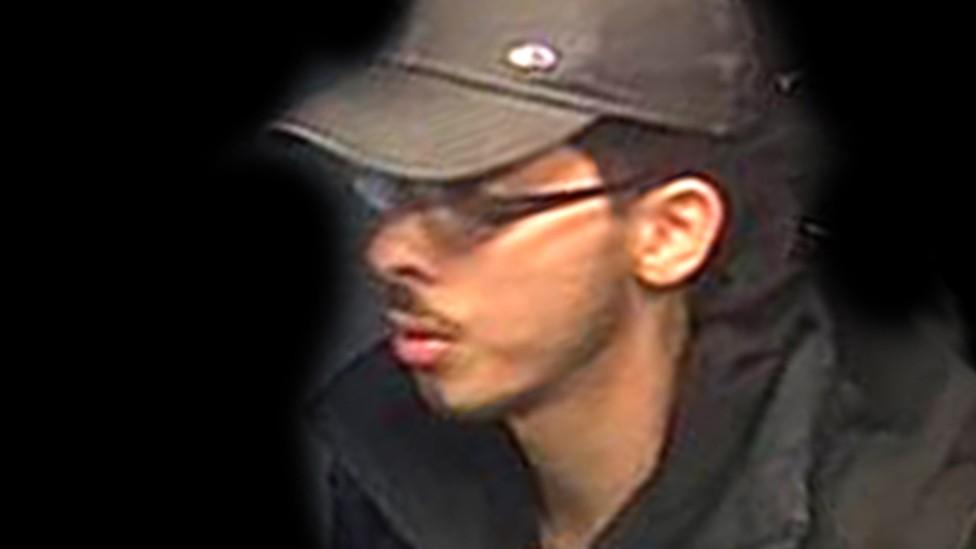
- Published14 February 2022
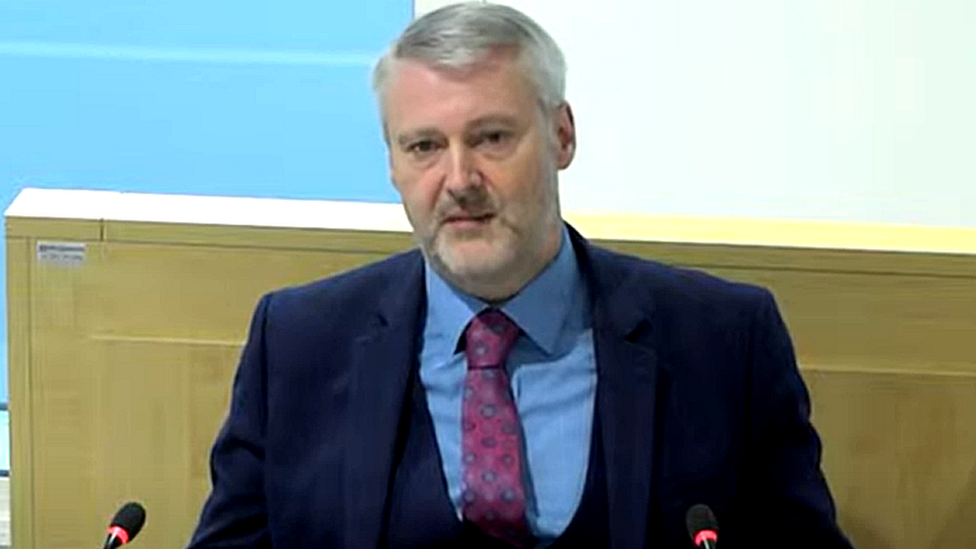
- Published18 January 2022

- Published17 January 2022
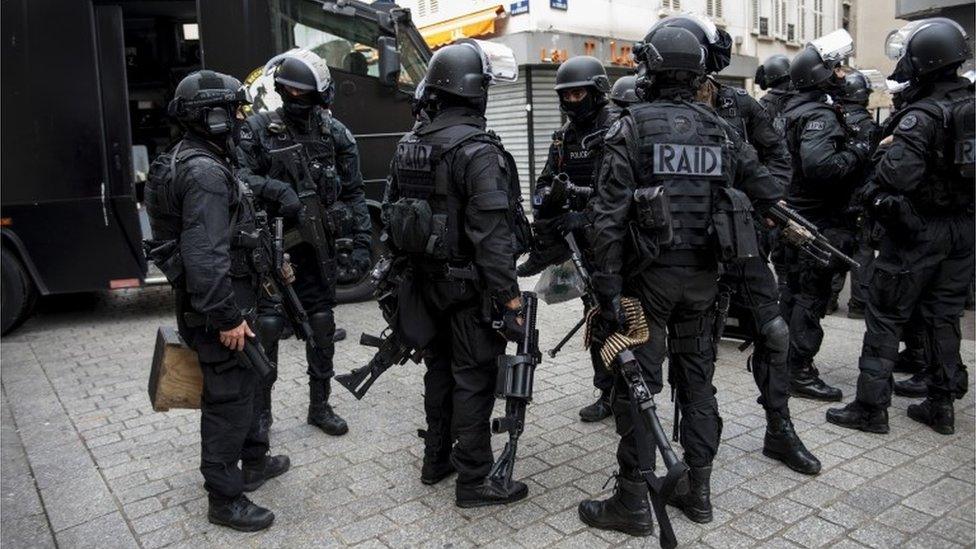
- Published12 January 2022
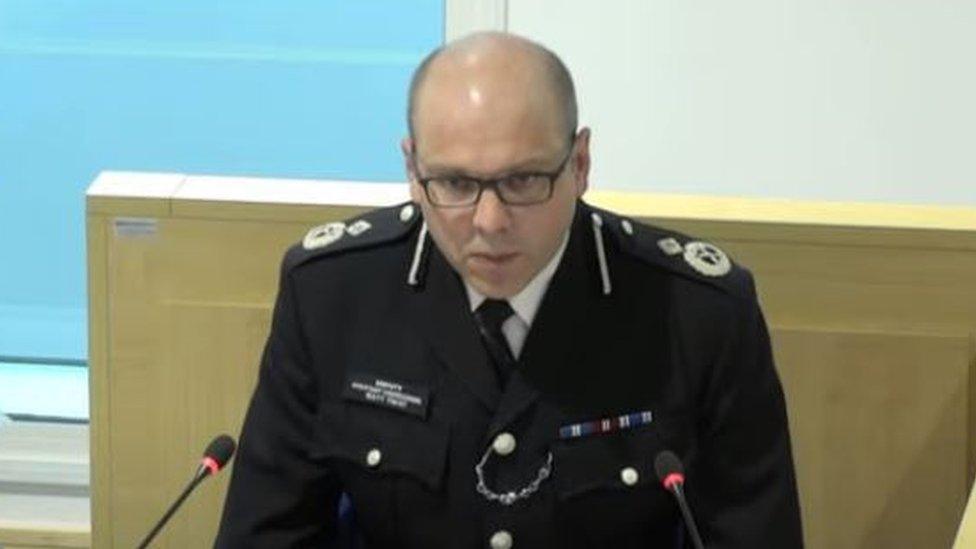
- Published12 January 2022
